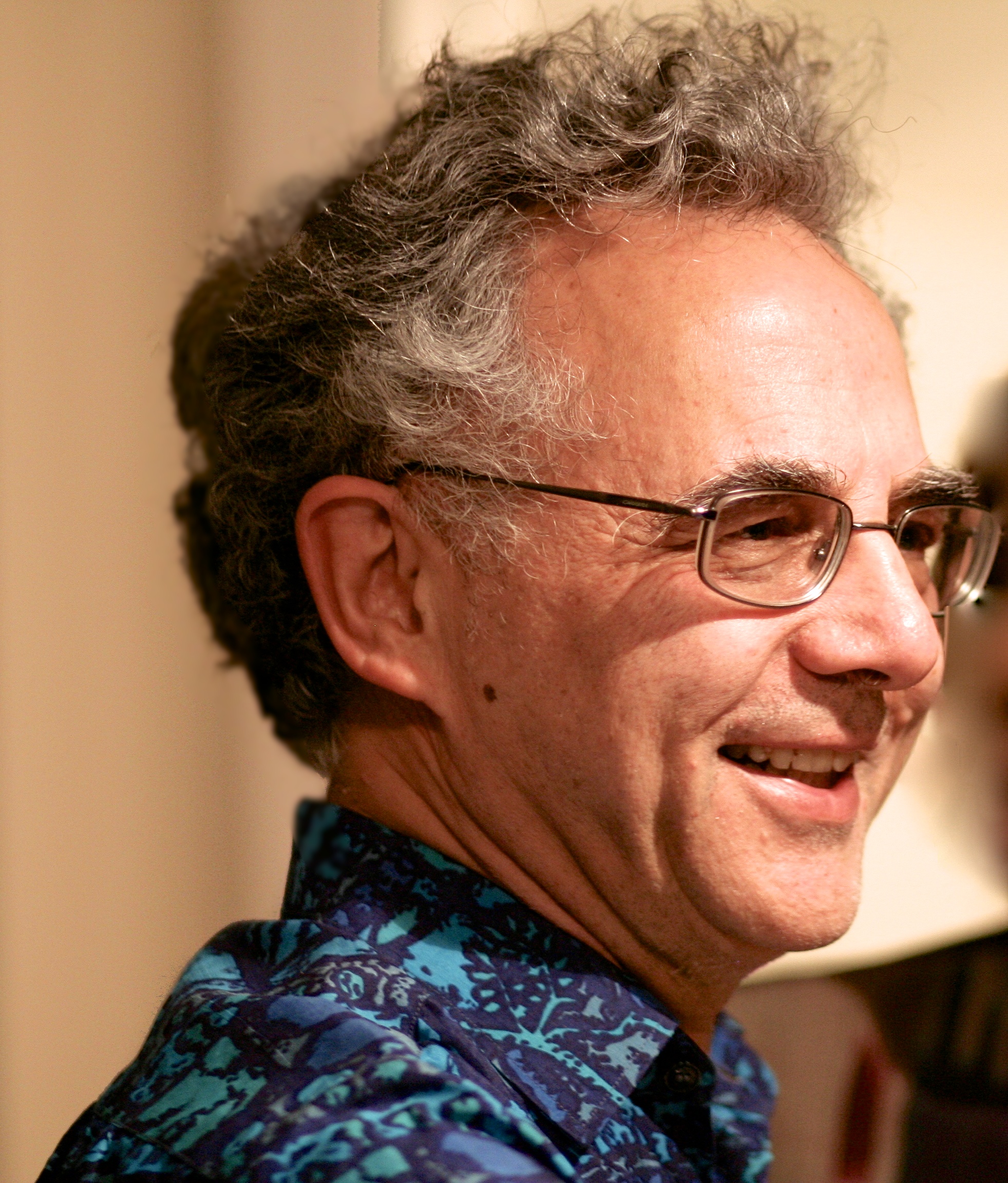Ministerial Mandate letter for Development Co-operation[1]
You will serve as Minister of International Development Co-operation reporting directly to me as Prime Minister, with full cabinet membership. As Minister you will:
Policy
- rebuild Canada’s capacity to be a strong global development actor after a decade of institutional neglect and distorted priorities
- develop programs within a broad framework beyond the comfort zone of G7, G20 and OECD. Engaging the South is critical to Canada’s future well-being, economic, political and basic security.
- have a departmental mandate, independent of the political and trade dimensions of foreign policy. However, policy coherence remains an important partnership goal for all government departments.
- reconfirm poverty reduction as the core programming goal of this government, drawing substantially on the human and financial resources we allocate to CIDA as an organizational unit. The ODA Accountability Act will be a guiding framework for yourself and all other ministers with portfolios that affect developing countries. Canada’s grant aid should align with the UN’s Post-2015 Agenda. Take risks! Effective development co-operation is inherently risky.
- present to Cabinet a new list of up to 20 priority countries within the first three months. In this update, least developed and fragile countries should represent at least 70% by number and $ volume of bilateral grant aid. The list should be stable for four years:
- ‘need’ more than ‘absorptive capacity’ should be the core selection criteria
- Canada’s Paris Declaration commitment to country ownership means sectoral/thematic choices are to be substantially shaped by the recipient
- while recognizing the short-term budgetary constraints for Canada, plan for an increase in the ODA/GNI ratio to 0.30% in our first budget.
Additionally plan:
- for increases to an ODA level of 0.50% of GNI over the mandate of this government
- to move to multi-year budgetting to increase predictability
Operations
- lead a department with its own DM and a strong decentralized presence in priority developing countries. It shall deliver Canada’s contribution as a donor to implementing the UN Post-2015 Agenda and a new mandate to bring a greater responsiveness to development considerations in the work of other political and economic departments.
- work with the PMO, Treasury Board and Foreign Affairs on institutionalizing CIDA either as an essentially autonomous part of the existing DFATD or, if judged institutionally more effective, as a free-standing Ministry.
- adopt the public title of ‘CIDA’ for your department, recouping a proud brand with five decades of global credibility as Canada’s public vehicle for development co-operation. This renaming decision is not dependent on there being a separate ministry.
- ensure CIDA has these key features in its organizational architecture:
- recognition that Canada’s economic and geo-political future lies in a broader approach, one based upon global partnerships, including stronger relations with the Global South.
- resources for development co-operation, people, budgets and institutions, are not to be diverted into short-term benefits for Canadian private entities. [Private sector support will be provided by other departments.]
- a new core mandate to act as a strong empathetic voice on development issues in government decision-making. The present amalgamation model has failed to deliver this. Critically CIDA will have a mandate that extends beyond delivering traditional aid (ODA) to one of also influencing the substance of related aspects of Canadian international policy, notably in trade, geo-politics/global security, human rights and global institutions, financial and environmental.
- create a small, truly independent, advisory panel for CIDA. The panel should be a mix of independent Canadians plus two leading thinkers from developing countries.
- re-authorize and recruit a 50% international board for the IDRC; Canadian board members should be individuals with substantial development experience, drawn from such as academia, CSOs and think-tanks.
- recognise the rights of CSOs as independent development actors. Provide programmatic financial support to both domestic NGOs and developing country CSOs
- recognizing the damage in recent years to professional competence and commitment, work over the first 12 months to bring together a re-energised core staff for CIDA, largely of committed skilled professionals/effective bureaucrats who seek a career in international development.
- appoint a DM with a substantial international experience; seek ADMs for core programs (bilateral, partnership, multilateral, policy) with a solid development policy and programming background
- create a rotational CIDA cadre mainly serving in bilateral programming positions, with a goal of having half assigned to empowered decentralized positions under decentralized managers with meaningful delegated authority, in all priority developing countries.
- eliminate, within the next three years, an important inconsistency for international development policy cohesion by moving departmental responsibility for the World Bank Group, still the single most powerful multilateral development institution, to CIDA
- for deeper policy coherence, ensure that CIDA has effective representation in Canada’s teams managing policy and programming relations with the UN system, BWIs, WTO, plus policy fora such as the G7/G20, Development Committee and OECD/DAC.
[1] This blog is a mock document representing a preferred Mandate Letter from a next Prime Minister to his new ministers. The principal recipient of this draft is a new Minister of International Development Co-operation. Copies as guidance might go to new Ministers for Trade, Foreign Affairs, Finance, Treasury Board, Defence and Environment.
——————————————————
First published as a MG Blog – June 16/2015.
